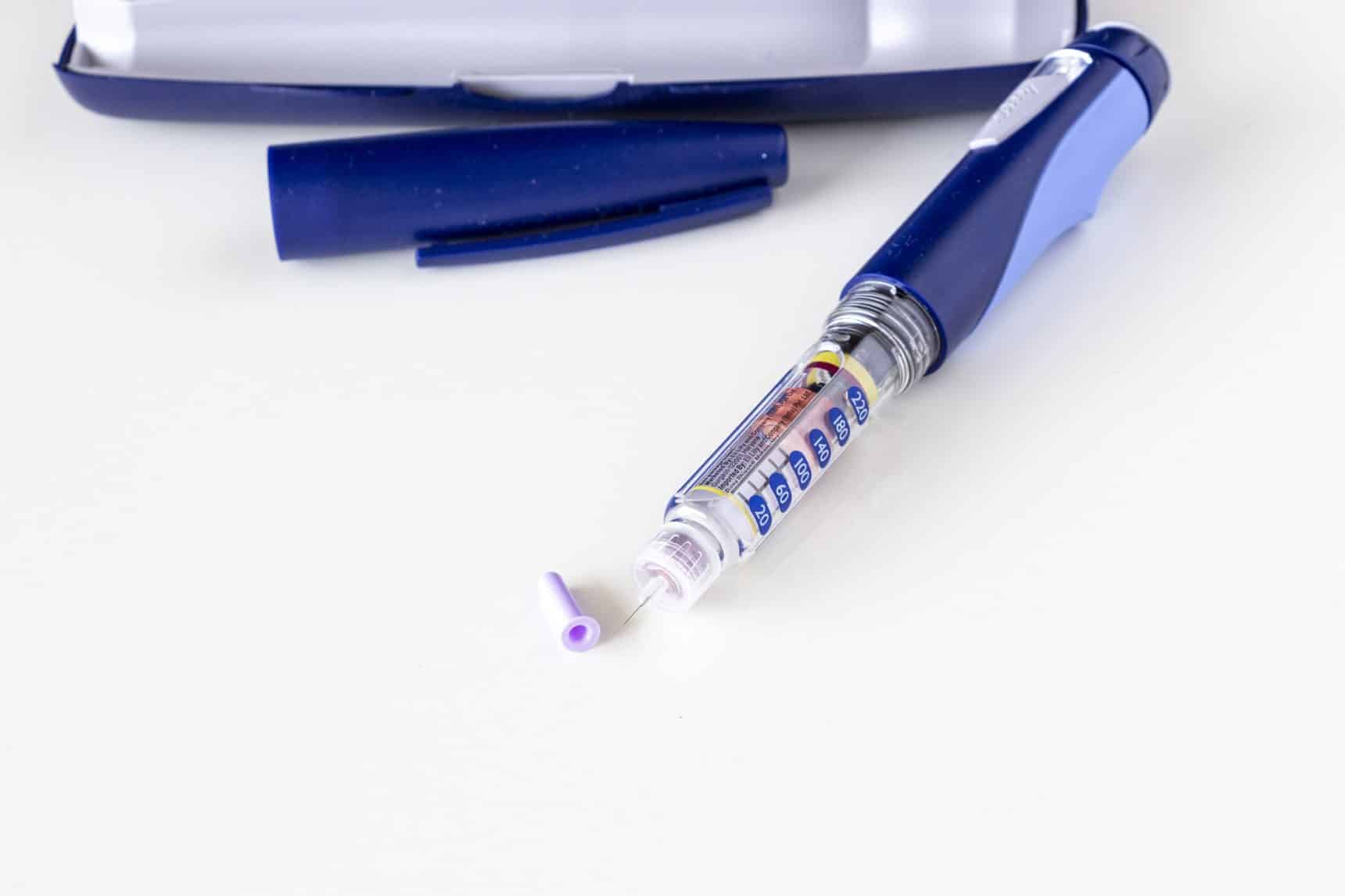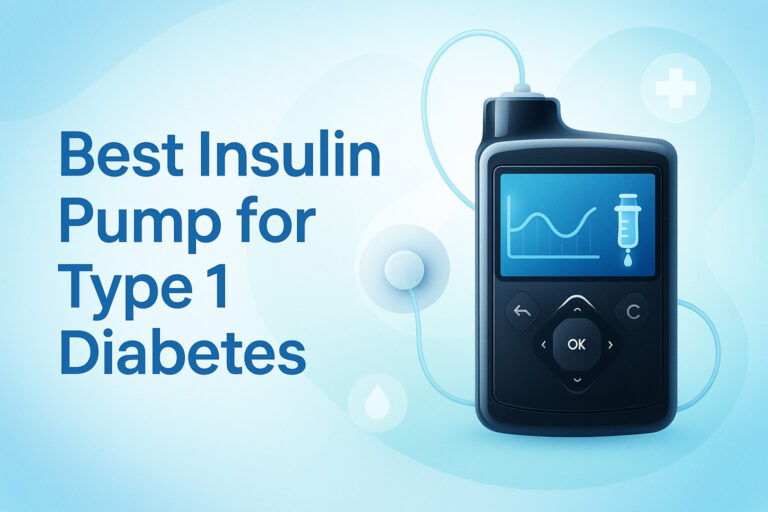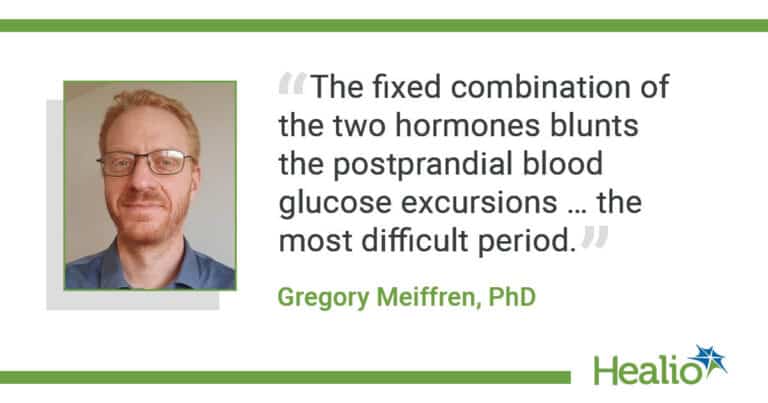Fast-Acting Insulin Aspart Comparison in Closed Loop Delivery System for Type 1 Diabetes
Previously Published on Endocrinologyadvisor.com – Findings from a 17-week, randomized, open-label, crossover study comparing the efficacy of fast-acting insulin aspart (faster aspart) with standard insulin aspart (IAsp) delivered by an automated closed-loop system in adults with type 1 diabetes(T1D) showed faster aspart demonstrated greater glucose time in range (TIR) compared with IAsp (82.3% [78.5, 83.7] versus 79.6 [77.0, 83.4], respectively). The results were published in Diabetes Care.
The Study
The aim of the study was to compare glucose control, particularly postprandal glucose (PPG) levels, with faster aspart versus IAsp delivered by the MiniMed Advanced Hybrid Closed-Loop (AHCL) system in ‘free living’ conditions. The AHCL system is manufactured by Medtronic, which funded the study.
Study investigators randomized 25 adults with T1D into faster aspart or IAsp in random order and divided treatment into three stages. Researchers collected venous blood samples to evaluate HbA1C, serum fructosamine, and general biochemistry tests of the participants at baseline and following stages 1 and 2.
Stages 1 and 2 lasted 6 weeks in a closed loop, preceded by 2 weeks in an open loop; the 2-week open loop period allowed the AHCL to establish an algorithm adapted to each participant’s personal insulin requirement. In stage 3, participants changed back to the to the insulin formulation they originally started using in stage 1 for 1 week in a closed loop.
Meal Tests
The investigators also conducted four meal tests: two standardized 40 g carbohydrate-containing meal tests in each stage. Participants were asked to change their sensor and infusion set the day prior to the meal tests, avoid intentional exercise on meal test days, and to refrain from additional food and drink (except water) for 4 hours postmeal unless required for hypoglycemic treatment. The study showed faster aspart demonstrated higher glucose TIR compared with IAsp at 4 hours following a meal (73.6% vs 72.1%, respectively).
“The main clinical advantage associated with faster aspart relates to PPG control, and these differences may be magnified following a missed meal bolus,” the researchers wrote, noting that “a more detailed exploration of the effect of meal size and composition is warranted.” The researchers also said study participants with T1D increased their time spent in a controlled glycemic range by 27 minutes per day and reduced level 1 hypoglycemic episodes by 7 minutes per day when taking faster aspart compared with IAsp.
Limitations of this study included the participant population which consisted of individuals already using pumps to effectively control their T1D. Additionally, the authors recognized that postprandial glycemia using IAsp potentially was compromised by the participants bolusing at meal onset instead of 15 to 20 minutes prior to eating, which is a commonly employed strategy ‘in the real world’. The researchers also acknowledged that the close remote monitoring performed during the initial stages of the study were not reflective of “real-world” clinical practices.
Conclusions
“Faster aspart safely improved glucose control compared with IAsp in a group of adults with well-controlled type 1 diabetes using AHCL,” the researchers concluded at the end of the study. “The modest improvement was mainly related to mealtime glycemia, fast-acting insulin aspart. While the primary outcome demonstrated statistical significance, the clinical impact may be small, given an overall difference in TIR of 1.9%.”
Disclosure: This clinical trial was supported by Medtronic. Several study authors declared affiliations with the pharmaceutical industry. Please see the original reference for a full list of authors’ disclosures.
Previously Published on Endocrinologyadvisor.com
More fast-acting insulin studies.







